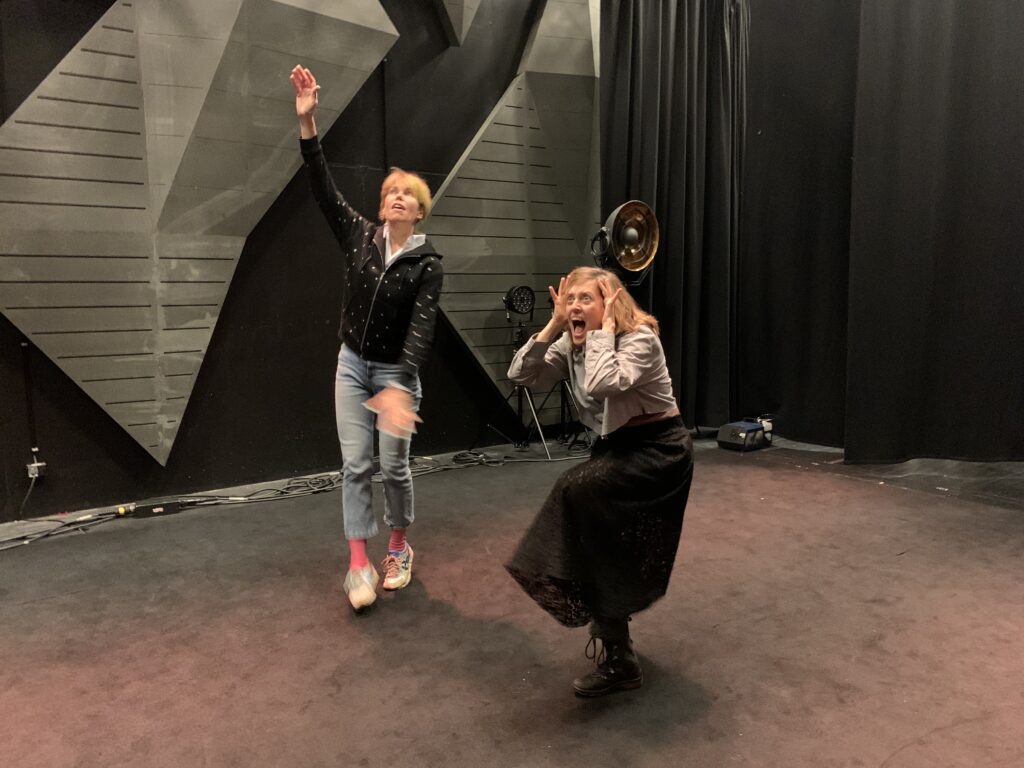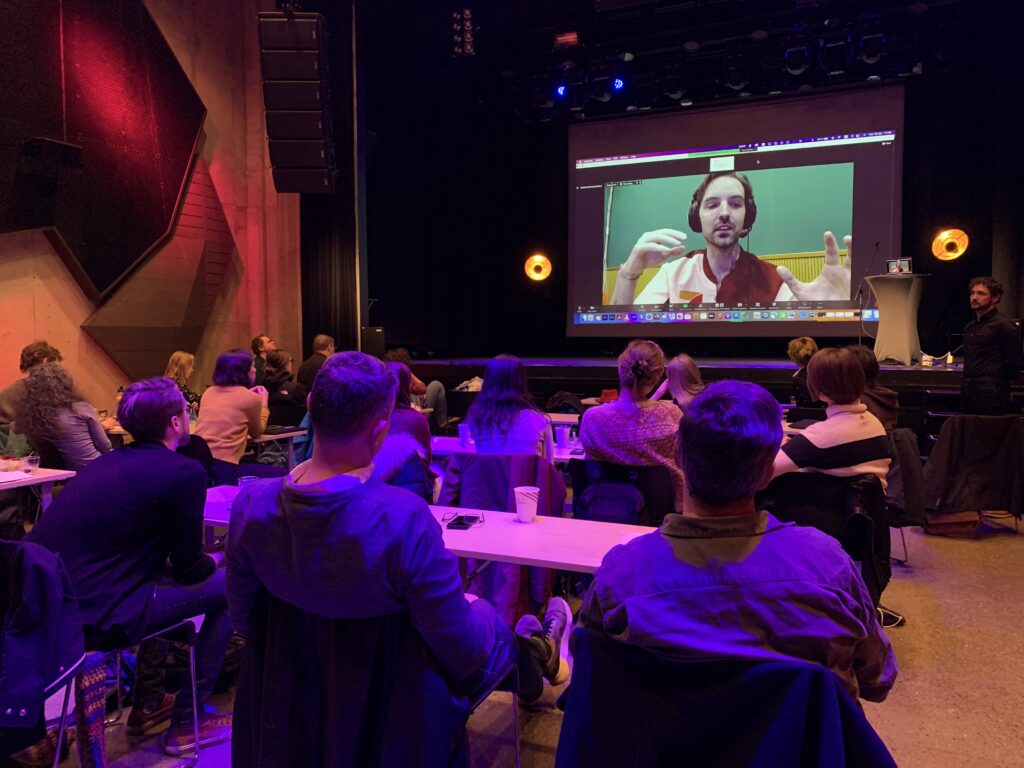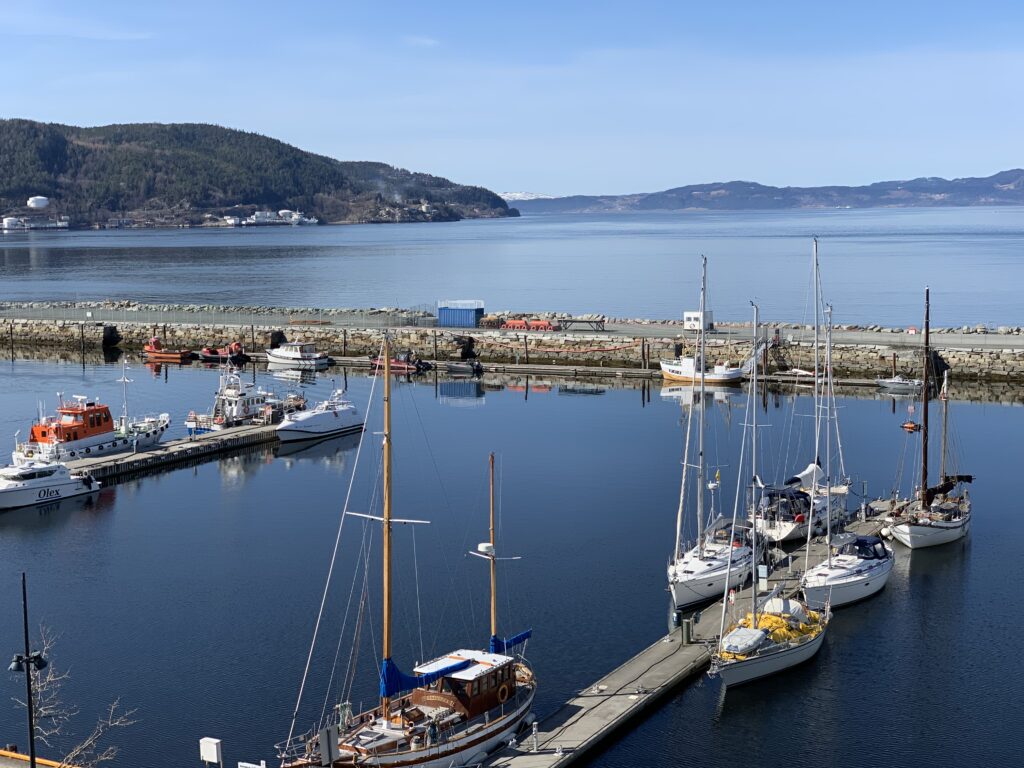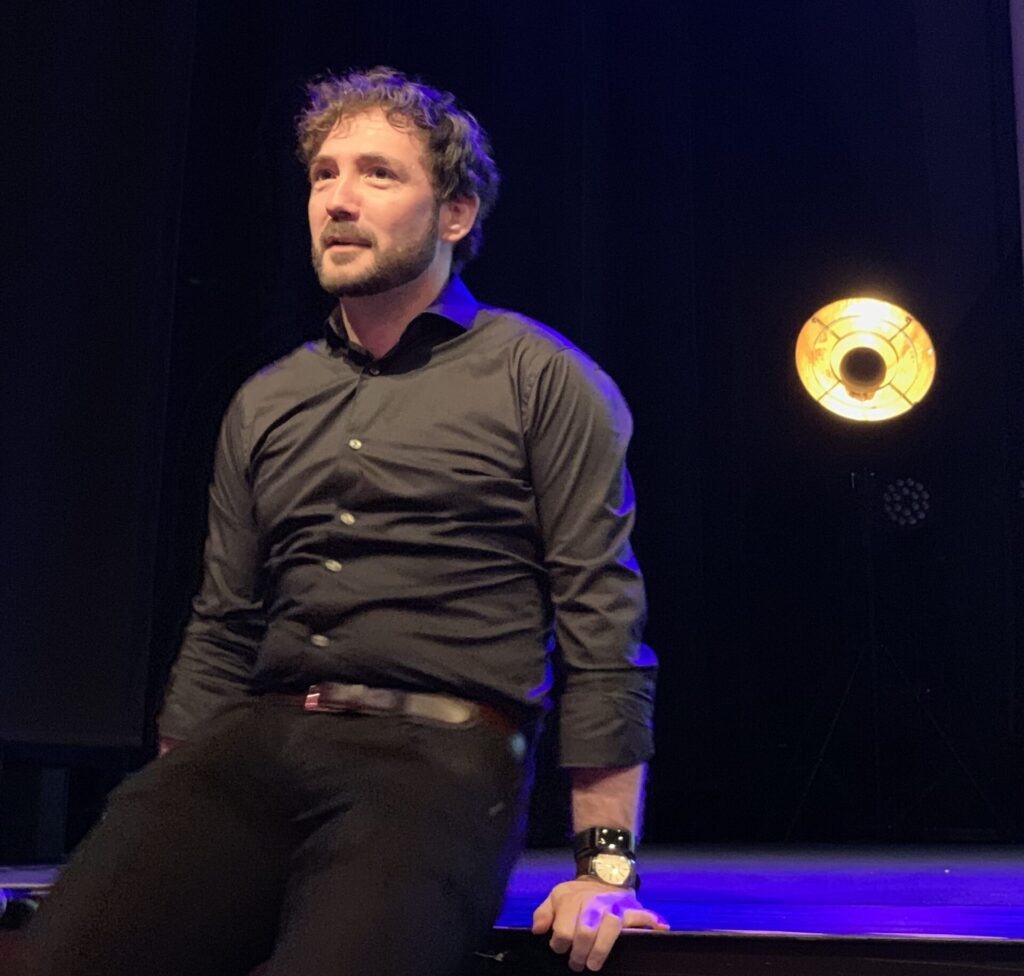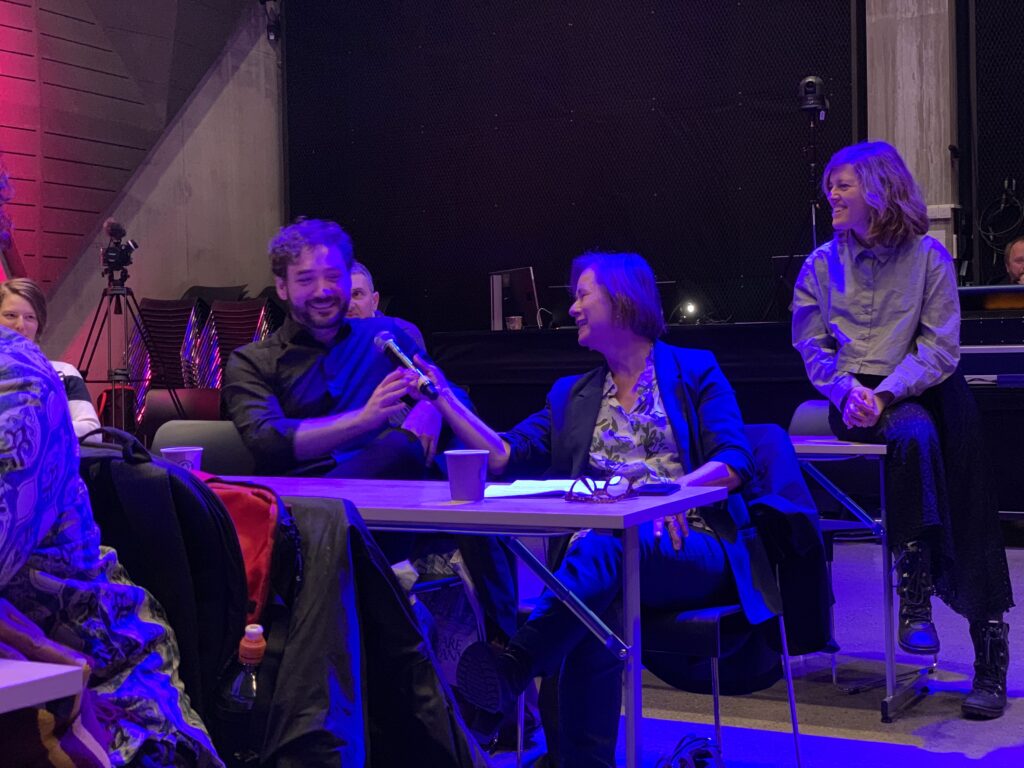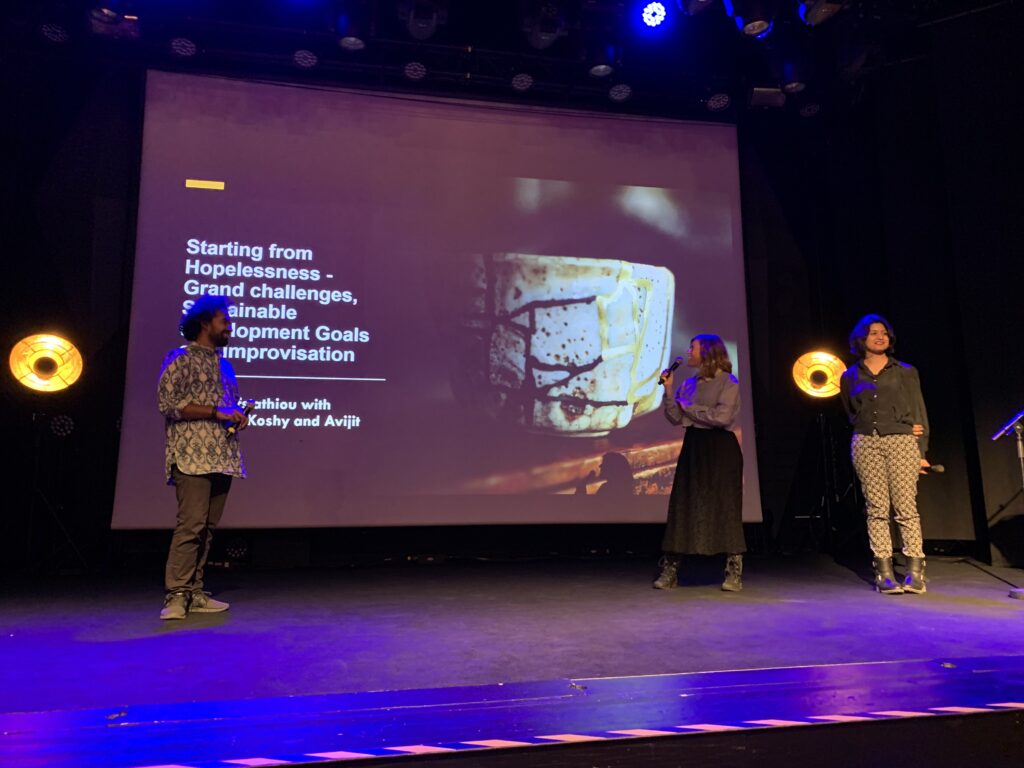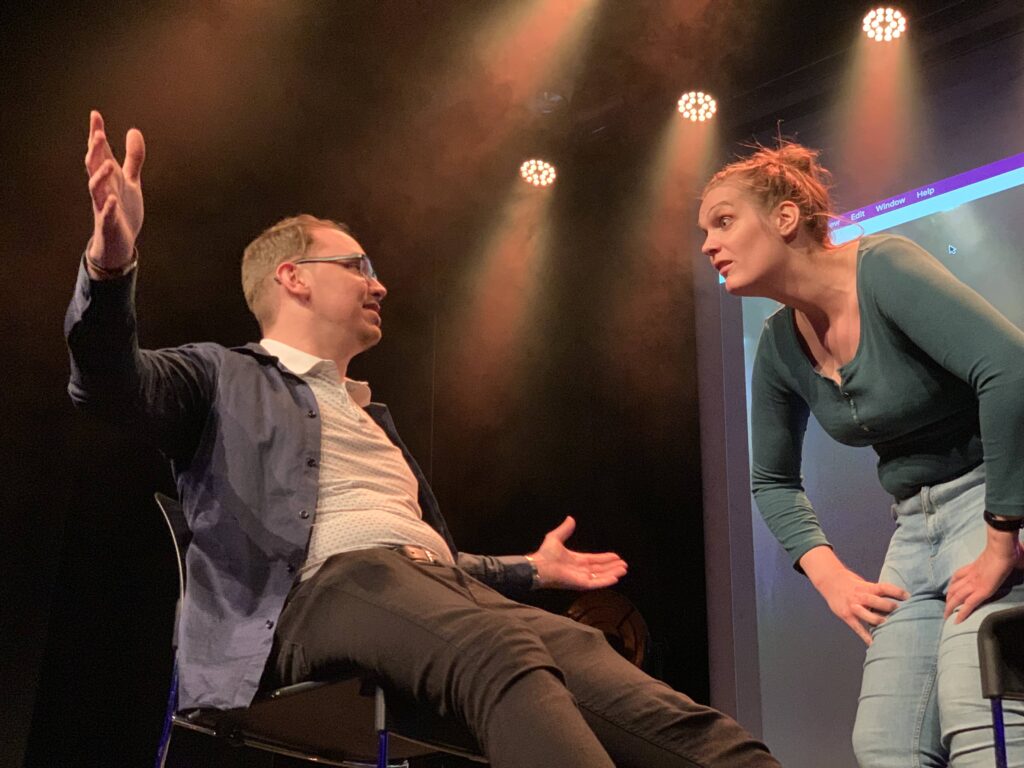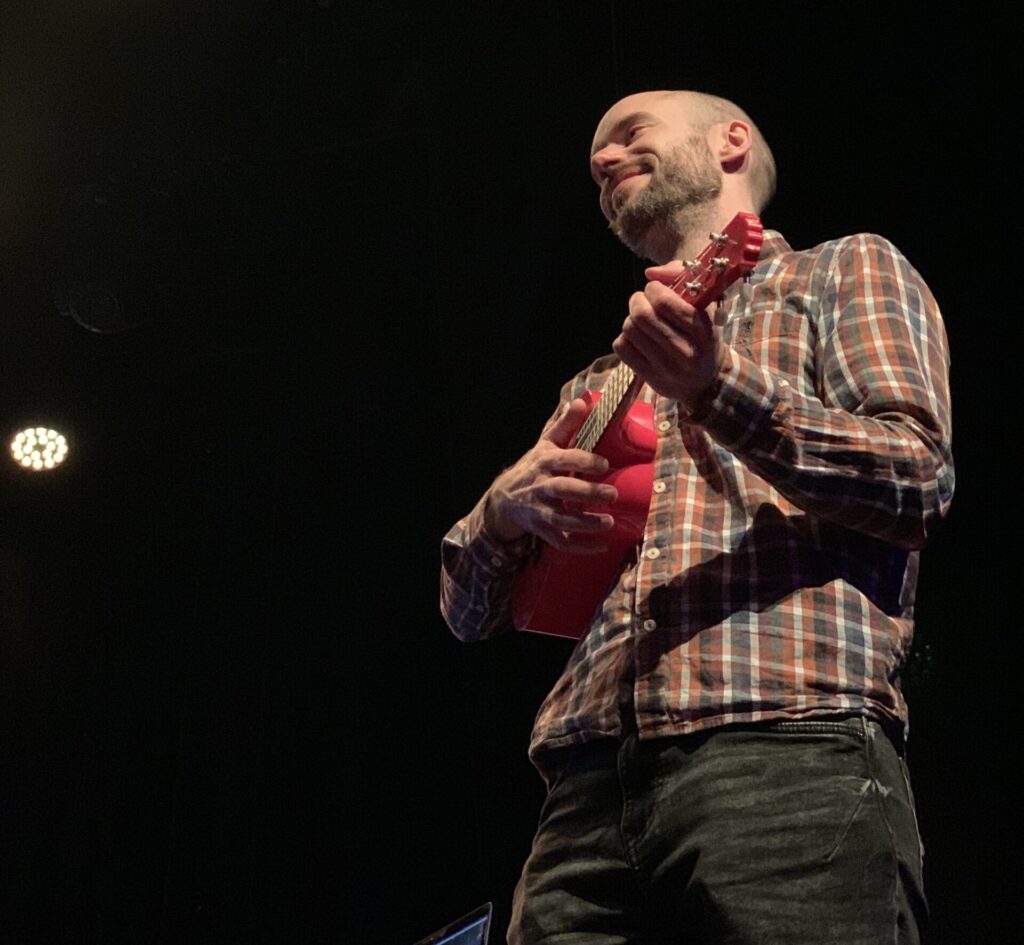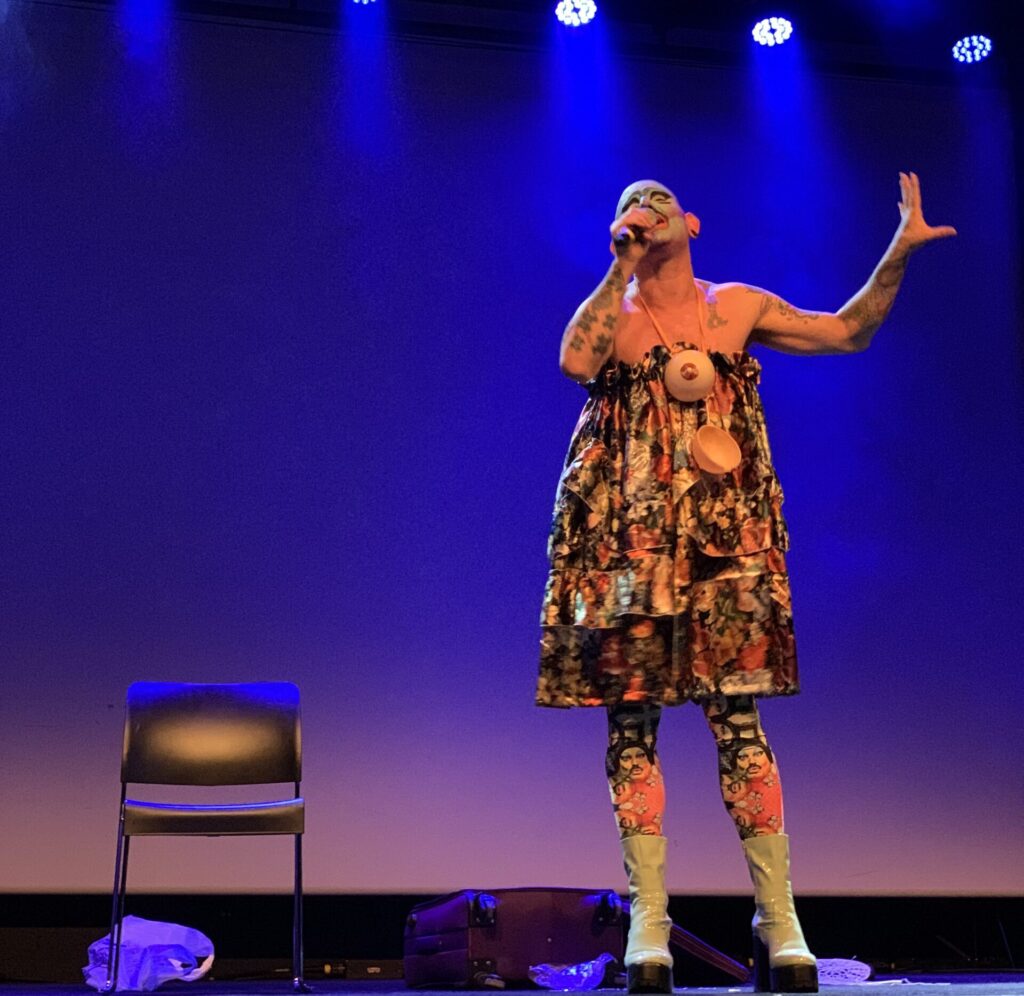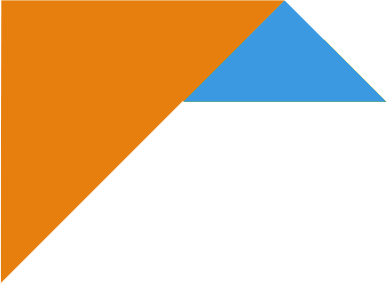May, 2023
May, 2023
May has been an eventful month for ISEED and its network! Hear about the “Improvise!” Workshop held by the Norwegian University of Science and Technology (NTNU), how we are preparing for the upcoming ISEED Conference in Barcelona with Universitat Pompeu Fabra (UPF) and the “Inclusion, Science & Democracy” Webinar Series first chapter coordinated by Ministerio de Educación y Cultura (MEC – Uruguay).
Events
IMPROVISE! Workshop
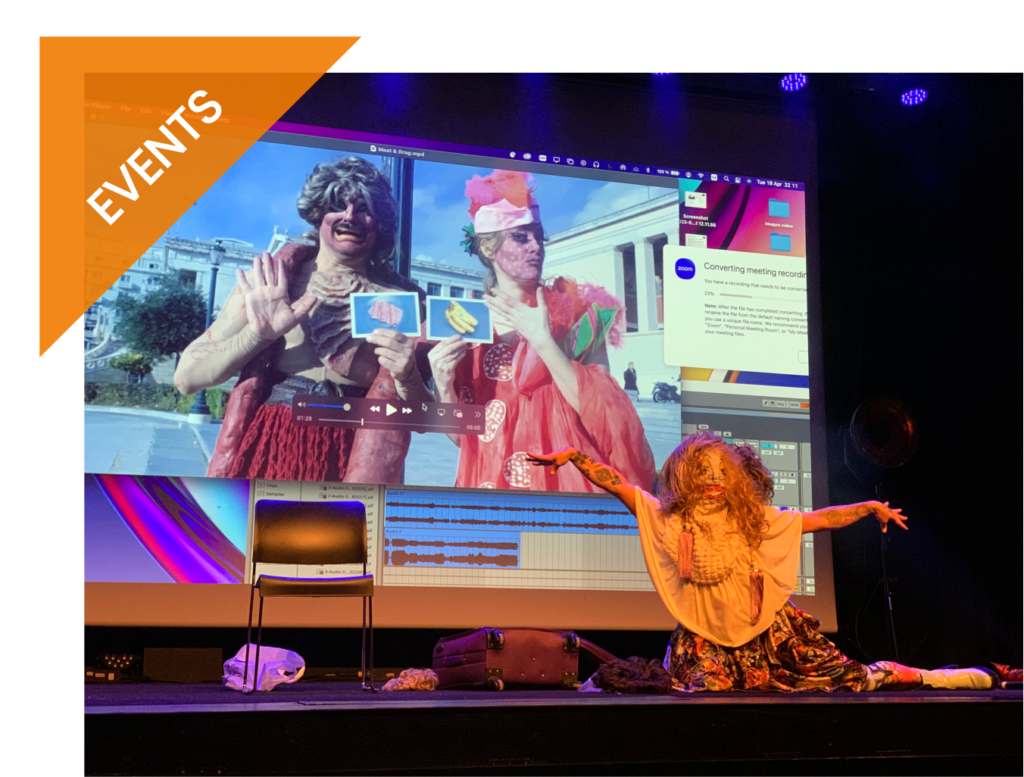
On April 18th a full-day lecture and performance workshop “IMPROVISE! Methods for Times of Uncertainty” was hosted at Rockheim, Norway’s museum for rock music, in Trondheim. ISEED was among the co-organisers of the meeting, led by the Institute for Philosophy and Religious Study at the Norwegian University of Science and Technology (NTNU), and organised by ISEED WP-leader Sophia Efstathiou and NTNU professor Alexandra Murray-Leslie.
Faced with a world of uncertainty and challenges like climate change, global health, and food and energy security, it becomes important to identify and cultivate skills for dealing with the unforeseen in real time: improvising -together, better. IMPROVISE! brought together philosophers, scientists and artists to explore practices of improvisation as part of addressing grand societal challenges together. The workshop was further featured part of the centennial celebration of philosopher Paul Feyerabend’s birth coming up in 2024.
Improvisation can take many forms, but one way to think of it is as a method for going beyond method. As the philosopher of science Paul Feyerabend stressed, accounting for scientific progress needs to go beyond accounting for ‘scientific method’. As perhaps with all creative endeavours the unexpected is key. And addressing challenges like the climate catastrophe calls for creativity expanding our means of coming to collective action, to consider, besides deliberation, methods for improvisation as viable approaches to crisis.
Participants’ backgrounds ranged, inluding folk from Engineering, Geography, Architecture, Philosophy, Art, Music and Theater. The programme can be seen here. The event featured invited talks by academics including Mike Stuart, Nancy Mauro-Flude, Michael Francis Duch, Helen Palmer, Elena Pérez, Jeremiah Day, Mrudhula Koshy, Avijit Pandit, Sophia Efstathiou and Marianthi Papelexandri-Alexandri, and performances by international artists including Kangela Tromokratisch, Jasmine Guffond, Gibberish Improv Theater and Mx Cibelle Cavalli Bastos.
Research
Barcelona: Upcoming ISEED Conference
We are happy to share that on July 6 and 7, members of the ISEED will meet in person in the city of Barcelona. Gema Revuelta and Carolina Llorente (CCUPF) will host the meeting. It will focus on the project’s scalability as well as in the discussion of scenarios for the future of democracy. We expect a fruitful exchange with relevant stakeholders and exciting research outputs!
This meeting will mainly focus on the tasks performed in “WP6: Scaling Up Results”, so, scalability will be one of the central issues. Specifically, the team led by Eleonora Montuschi from Ca’ Foscari University of Venice (UNIVE) will present the scenarios for the future of democracy that have been drawn up in recent months, to be discussed and reviewed as part of our ISEED research.
This set of speculative scenarios will be explored through conversations with stakeholders to help identify and enhance the creation of arenas of participation and spaces for discussion and deliberation. Following our workshops with stakeholders and cross-country comparisons, final sets of recommendations will be formed. If you are interested in participating in these workshops and you are based in one of the hosting countries, please do get in touch with us!
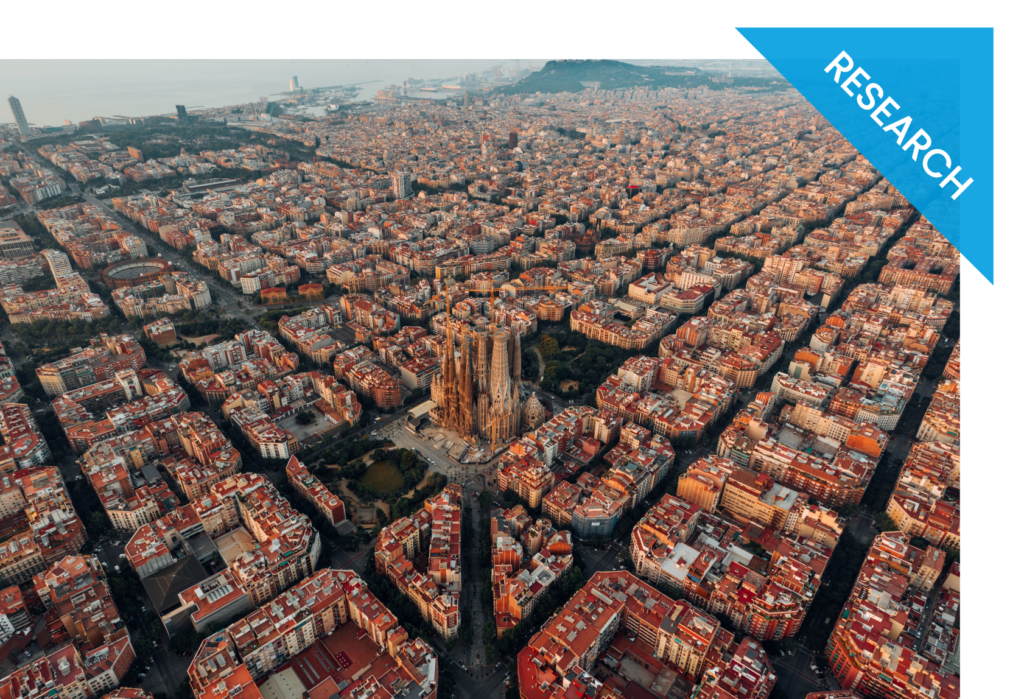
Finally, we will also learn more about the methodology that we will use in the National Workshops at which recommendations for the possible futures of democracy, as well as citizen democratic participation in science, will be co-created together with citizens, experts and policy-makers. The workshops will be organized in Poland, Italy, Spain, France, Uruguay, and Bulgaria in the autumn of 2023.
Action
“Inclusion, Science & Democracy” Webinar Series
On the 16th of May, the first appointment of the Webinar Series “Inclusion, Science & Democracy” created by ISEED and led by Ministerio de Educación y Cultura (MEC Uruguay). The event counted on live transmission and real time translation from Spanish to English!
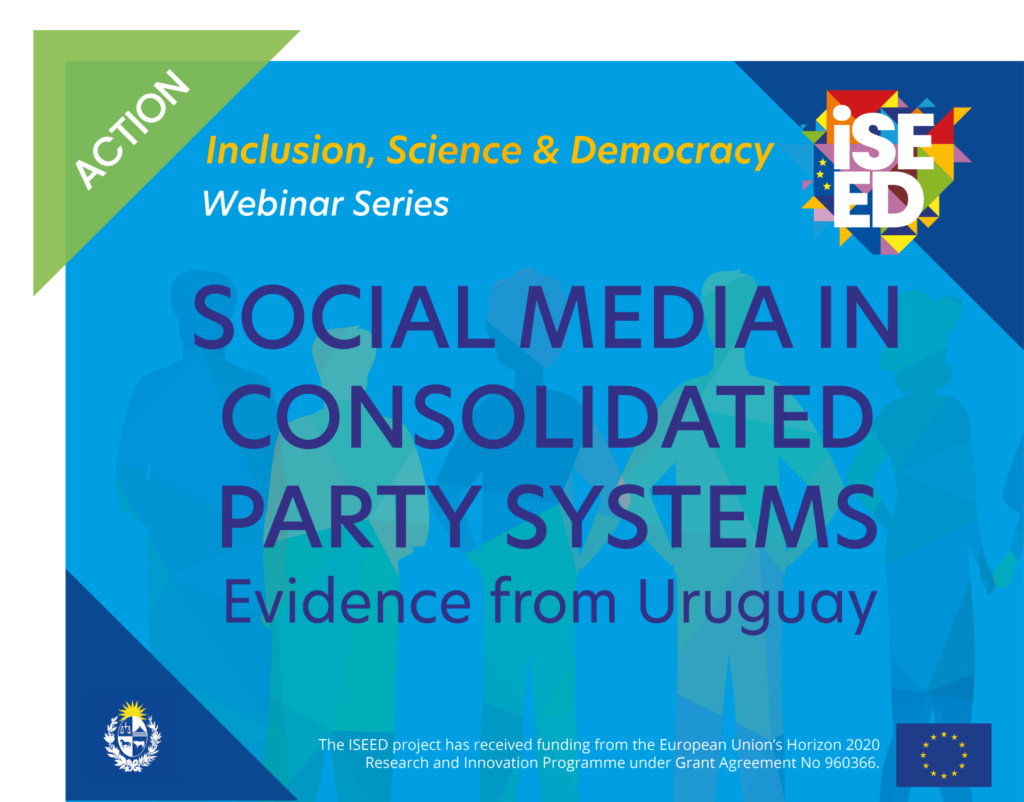
Professors Juan Bogliaccini and Rafael Piñeiro from the Universidad Católica del Uruguay (UCU-UY) presented the findings from their book #Twittarquia in the webinar titled “Social Media in Consolidated Party Systems: Evidence from Uruguay”.
On this occasion, the seminar addressed politicians’ online behaviours as well as their relationships with fellow colleagues and the general public on Twitter, exploring distinctive aspects of Uruguay candidates’ activity in networks, as well as when and how they utilised them.
Make sure to follow @ISEED_EU and @MEC_Uruguay to keep up with the upcoming webinar series!
You can check the full webinar on here! We will soon transcript and translate the video also to English!
Text: Carolina Llorente, Chiara Lovati, Enzo Frissa, Sarah Santos and Sophia Efstathiou
Edit: Chiara Lovati, Sarah Santos and Sophia Efstathiou
Last updated: 31/05/2023
Subscribe to the ISEED Newsletter!
Receive recent and relevant topics on Citizen Science every month.


